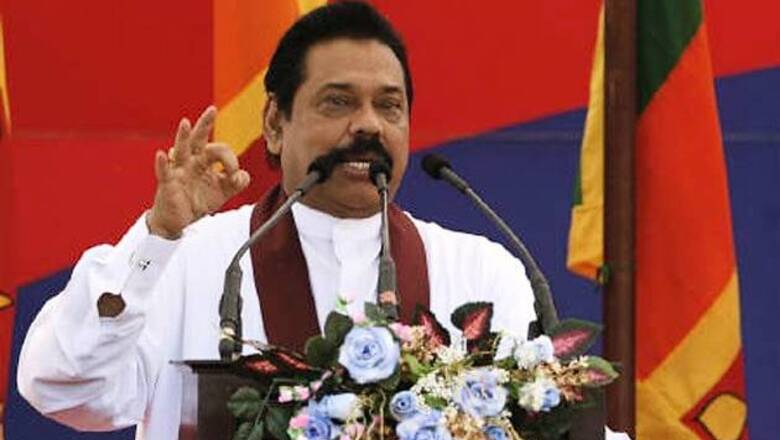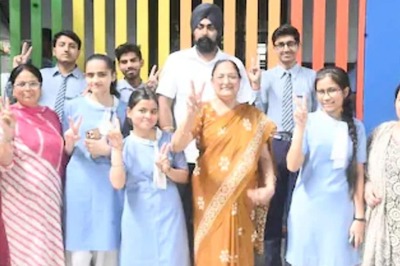
views
Colombo: The Sri Lankan government on Thursday declared that it would refuse visas for UN panel members appointed to investigate alleged human rights abuses during the civil war against Tamil rebels.
"We will not allow them to enter Sri Lanka," External Affairs Minister GL Peiris told a news conference.
The three-member panel was appointed to look into the allegations of human rights abuses by both sides during the last months of the 26-year conflict last year. Its members have so far made no request to visit Sri Lanka.
"This exercise is not helpful and the timing is questionable," Peiris said of the investigation. "We have our own commission. Setting a separate UN panel will only complicate matters for our commission."
The commission appointed by the government last month is to look into the events and actions in the final months of the conflict before the army defeated the rebel Liberation Tigers of Tamil Eelam last May. It is not mandated to investigate any allegations of human rights violations.
Colombo also slammed the European Union for imposing conditions for Sri Lanka's continued participation in the Generalised System of Preferences, which gives it preferential tariffs for trade with the EU.
The conditions include repealing sections of its emergency rules and the Prevention of Terrorism Act as well as adopting a national human rights action plan.
They also require that Sri Lanka invite UN teams to the country, including the Working Group on Enforced Disappearances, and ensure that journalists can exercise their professional duties without harassment.
Sri Lanka Thursday said it rejected the conditions, even if they had to forego the EU's trade preferences.
"Some of these conditions are directly dealing with the internal matters of the country," Media Minister Keheliya Rambukwella said. "We will not lose the country's sovereignty for money."
Meanwhile, a spokesman for the EU office in Colombo said they were awaiting a formal response from Sri Lanka before they could comment.
The country is recovering after nearly three decades of conflict which claimed over 100,000 lives, mainly in the northern and eastern provinces where the LTTE was fighting for a separate state for the Tamil minority.
During the final weeks of the conflict some 7,500 civilians were killed according to UN estimates.




















Comments
0 comment